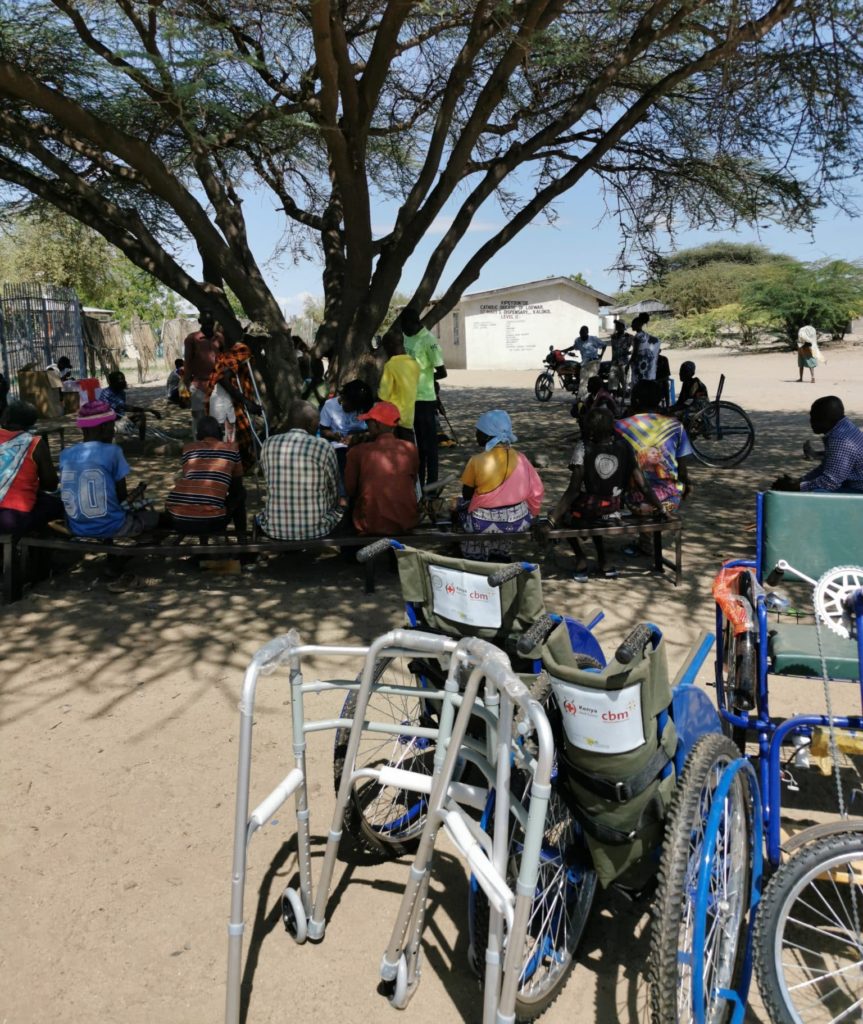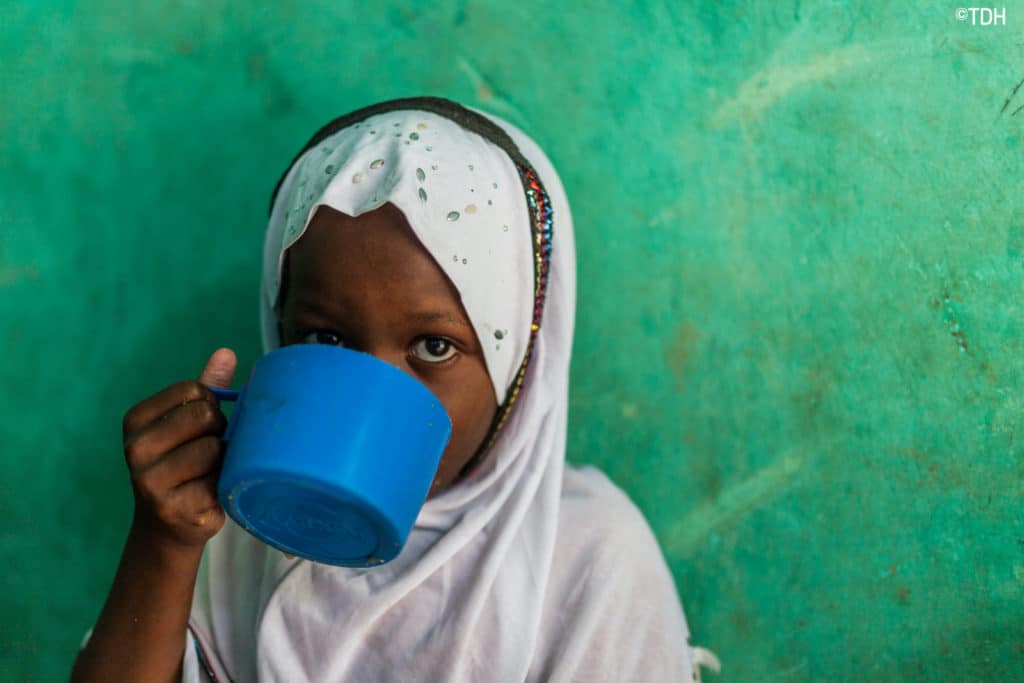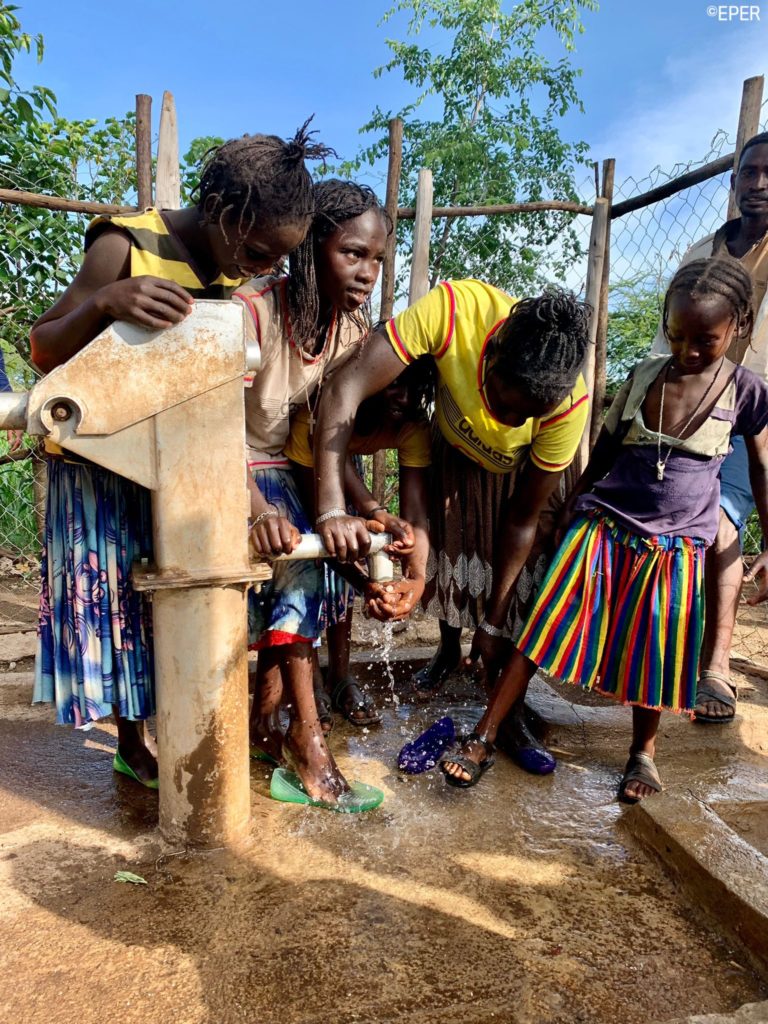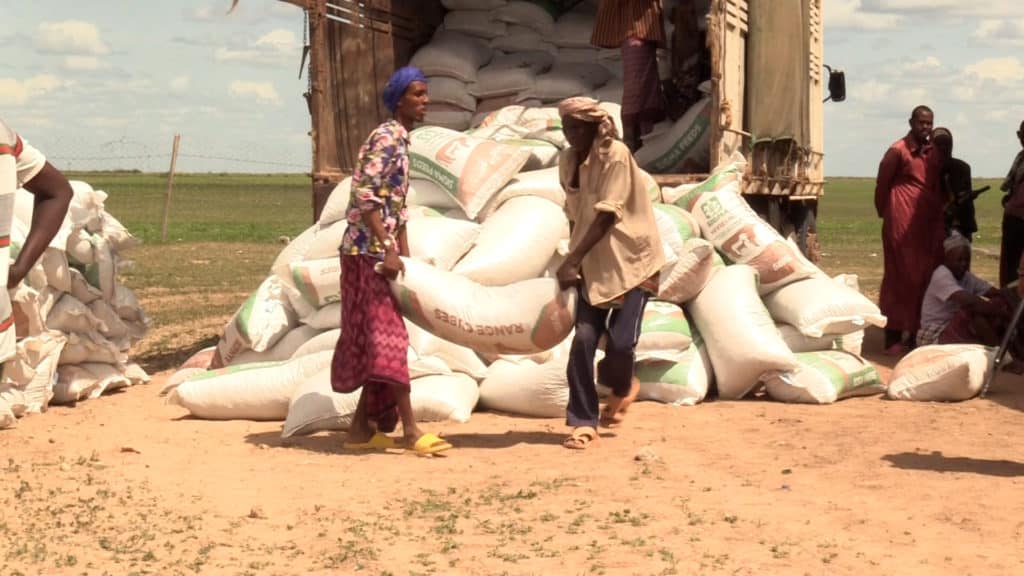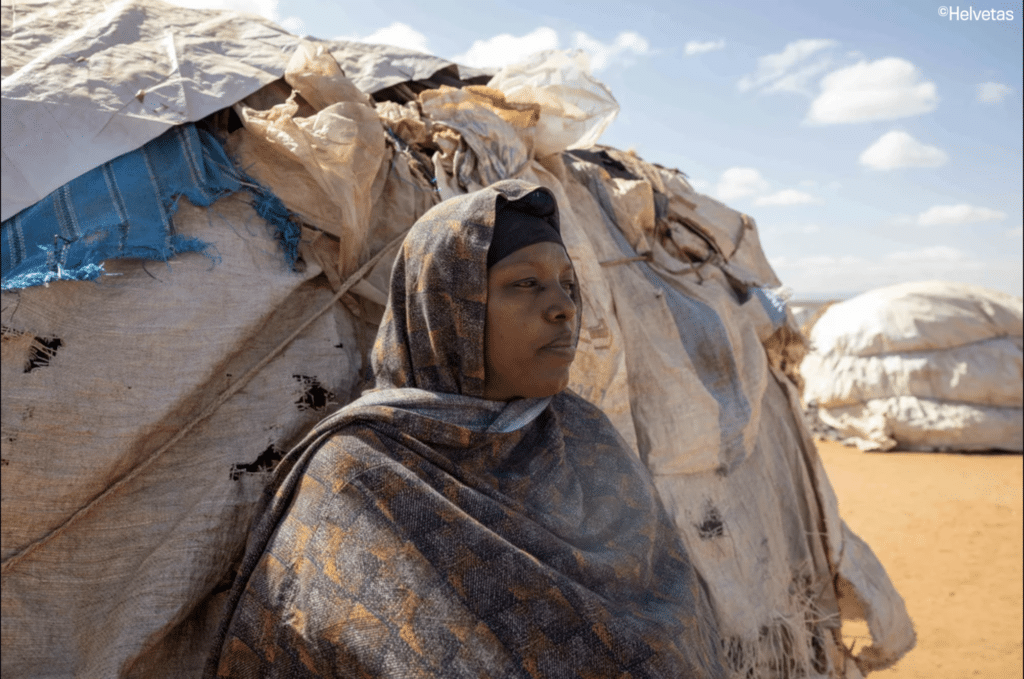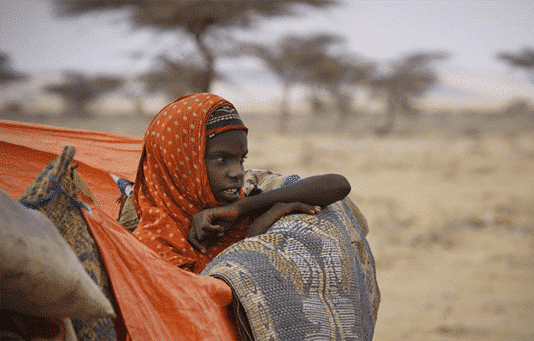Hunger in East Africa
On 23 November 2022, Swiss Solidarity held a national solidarity day for East Africa to help people affected by the devastating drought. Since then, the foundation has used around 80% of the 14 million Swiss francs received in more than 20 humanitarian projects in Kenya, Somalia and Ethiopia, helping almost half a million people. However, the situation in the Horn of Africa remains precarious and the population is still in need of support.
© Keystone / EPA / Dai Kurokawa



